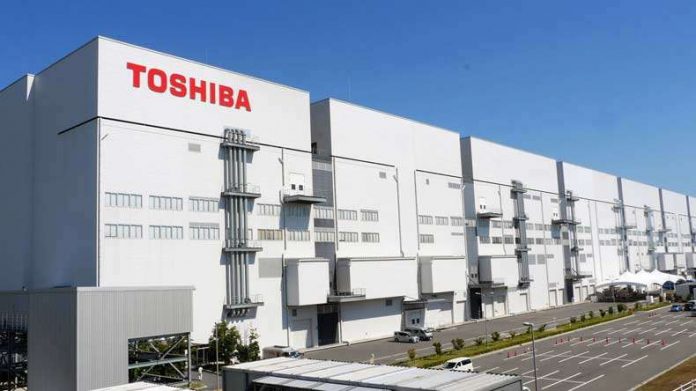Toshiba chairman Shigenori Shiga has resigned, hours after the Japanese conglomerate revealed details of a multi-billion dollar loss.
Earlier Toshiba had delayed issuing its results, but it then said it was set to report a net loss of 390bn yen ($3.4bn) in the year to March 2017. The company said it expected to take a 712.5 billion yen ($6.3bn, £5bn) writedown at its US nuclear business.
The situation has led some analysts to warn that the company’s future is at risk. Mr Shiga was stepping down “to take management responsibility for the loss”, the firm said. Shares fell by as much as 9% on Tuesday and have lost about 50% since late December, when it first warned about the extent of the problems. The losses are linked to a deal done by its US subsidiary, Westinghouse Electric, when it bought a nuclear construction and services business from Chicago Bridge & Iron in 2015. Assets that it took on are likely to be worth less than initially thought, and there is also a dispute about payments that are due. It has already announced plans to sell off part of its profitable memory chip business to raise funds. It is the second largest chip maker in the world, behind Samsung.
The company is still struggling to recover after it emerged in 2015 that profits had been overstated for seven years, prompting the chief executive to resign. As well as detailing its losses, Toshiba is also widely predicted to announce it is scaling back its global nuclear business – and possibly getting out of the sector altogether, apart from its operations in Japan.
Among the projects that would affect heavily is a planned new power plant in Cumbria in the UK. Toshiba has a 60% stake in Nugen, the company which has the contract to build the Moorside plant. Should the Japanese company pull out of the project, the UK would have to look for other backers to step in, with South Korea’s Kepco a likely candidate. Any changes to the current plans are expected to seriously delay the project, thought to eventually provide as much as 7% of the UK’s energy needs. The GMB union has asked for early clarification on the project’s future and its senior organiser for Sellafield, Chris Jukes, said: “Brexit should be a perfect opportunity to demonstrate conclusively a better way for nuclear in West Cumbria. “For 70 years Whitehaven has been a hub for nuclear. The West Cumbria area needs the regeneration a new plant would bring.”
Courtesy BBC
























